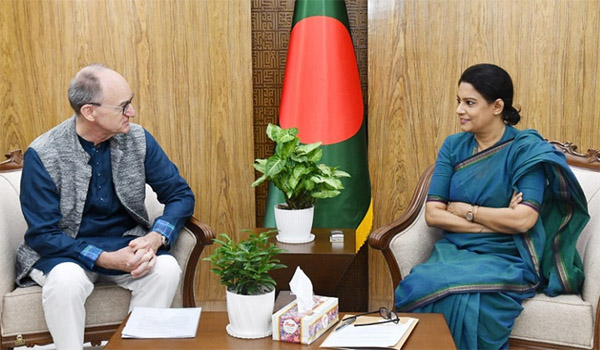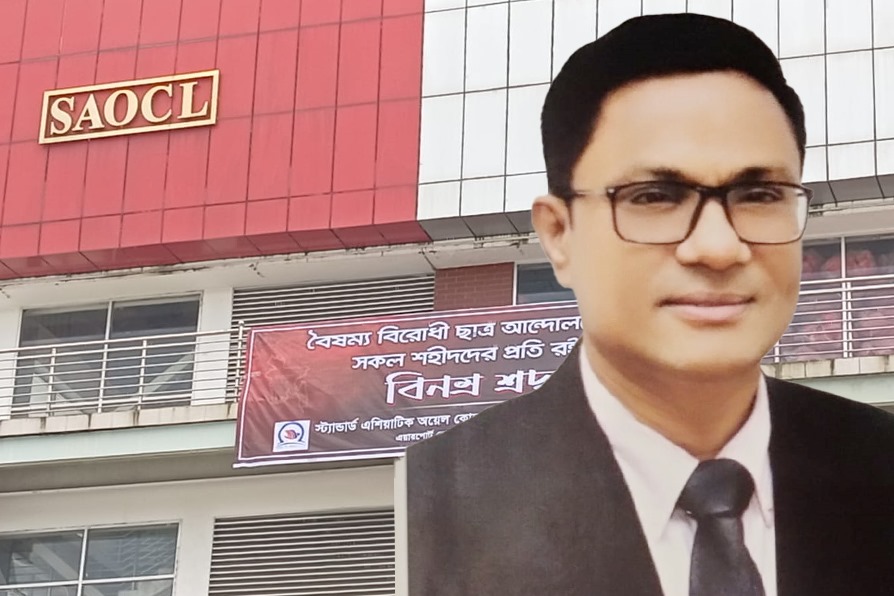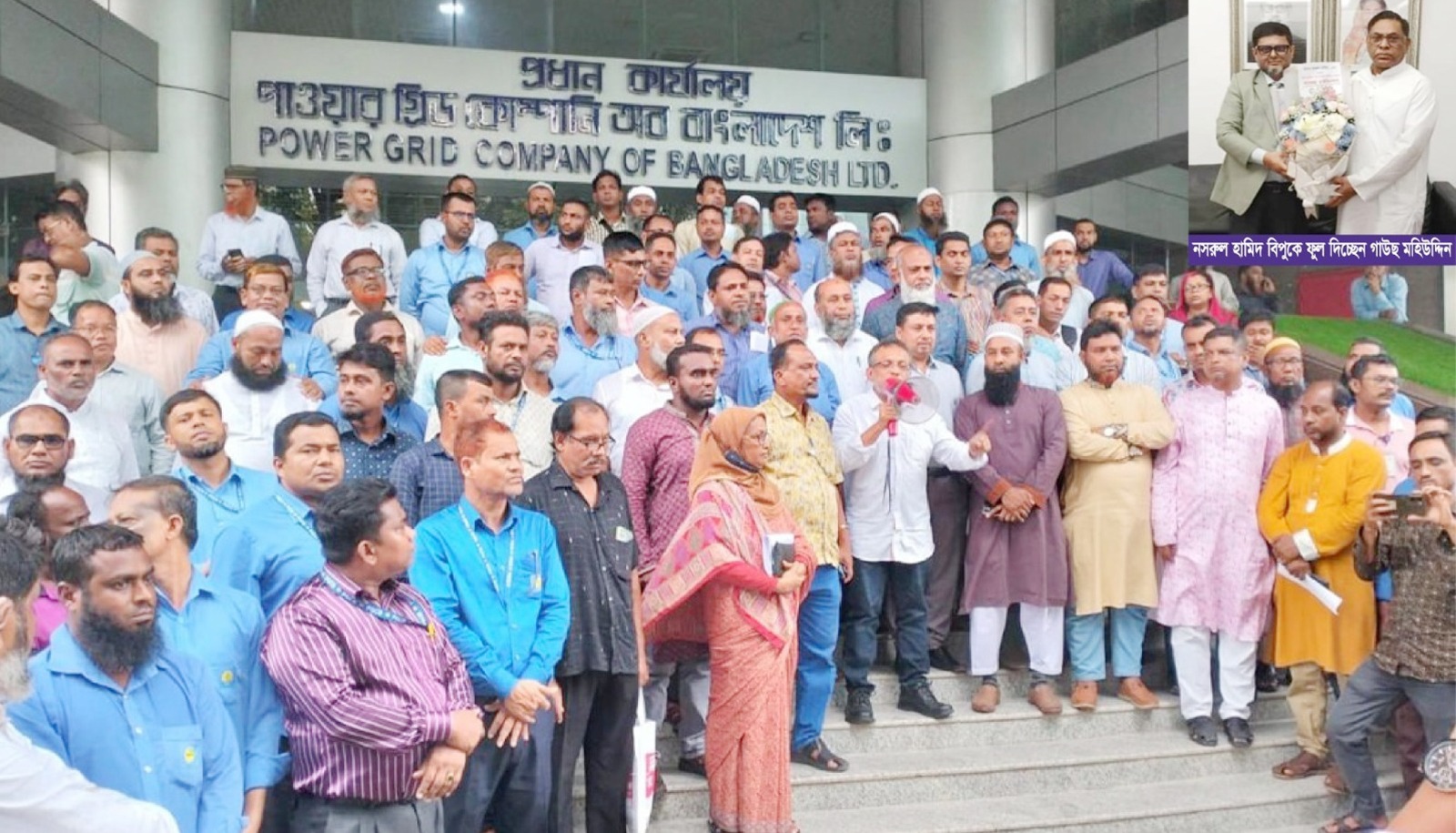
Bangladesh Inland Water Transport Authority (BIWT) is an important organization responsible for the regulation and development of inland water transport in Bangladesh. Freight and passenger transport operations through rivers, canals, and other waterways of the country are managed through the BIWT. This report will discuss in detail the history, activities, challenges and future plans of BIWT.
History and context of BIWT
Establishment and goals
BIWT was established in 1958, with the main objective of developing and regulating inland waterway transport in Bangladesh. Since its inception, BIWT has aimed to develop a safe, efficient and environmentally friendly waterway transport system. Its activities include river irrigation, regulation of boats and ships, and implementation of river development projects.
structure and management
BIWT is a government agency run under the Ministry of Transport. It has a board of directors which takes policy decisions of the organization. The management system of the organization includes a Chairman, a Director General and various departmental directors. These officers and employees are engaged in the development and management of the waterway transport system of the country.
Activities of BIWT
Development of rivers and waterways
One of the major activities of BIWT is development of rivers and waterways. It deals with river dredging, deepening, and river bank maintenance. BIWT regularly removes sediment from the river to maintain its navigability and reduce the risk of flooding. River development projects play an important role in the economic activities of the country and help in the development of agriculture, trade, and transport sectors.
Security and Control
BIWT takes various measures to ensure safety in waterway transport. This includes vessel registration, licensing, and regular monitoring to ensure passenger safety. The agency conducts regular inspections to ensure the quality of vessels and improve safety on waterways. Besides, BIWT stands ready to prevent river accidents and conduct emergency rescue operations.
Transportation services
BIWT provides cargo and passenger transportation services on inland waterways of the country. It operates various types of vessels, such as commercial vessels, tugboats, and passenger boats. The company operates transportation services through various rivers and canals, which are an important part of the country’s internal transport system.
Development of river ports and wharves
BIWT undertakes various projects for river port and wharf development. River ports are used for movement of goods by water and development of wharves facilitates business operations. Construction of new ghats and renovation of old ghats is an important part of BIWT’s work. It also manages and maintains river ports.
Challenges of BIWT
Infrastructure constraints
BIWT faces several infrastructural challenges in its operations. Many rivers and waterways infrastructure is old and not up to date with modern technology. Riverside infrastructure development and wharf renovation processes can sometimes be slow, affecting safety and efficiency.
Floods and natural disasters
In Bangladesh, natural disasters, especially floods, are a major challenge for the waterway transport system. Floods reduce the navigability of rivers and waterways and damage wharves and ports. BIWT undertakes various preparations to reduce the impact of floods, but due to natural calamities there are occasional limitations to the measures required.
River pollution and environmental challenges
River pollution and environmental issues are also major challenges for BIWT operations. Industrial and domestic wastes fall into rivers, which have a negative impact on the environment. BIWT is taking various steps to protect ecological balance in development of rivers and waterways, but solving the entire problem is a difficult task.
Economic constraints
BIWT often faces economic constraints. There may be lack of budgetary allocation required for project implementation and infrastructure development. This can delay the implementation of long-term plans and affect the quality of activities.
Initiatives and achievements of BIWT
Technological development
BIWT focuses on technological development. Modern technology is being used for navigability measurement and river development. Drone and satellite technology are helping to monitor river sedimentation and bridge inspections. The use of technology has brought several positive results in terms of river development and safety.
Awareness raising and community participation
BIWT runs various campaigns to raise awareness about river pollution and safety. Local communities are encouraged to participate in river conservation and safety measures. River cleaning programs and public awareness programs are helping to ensure community participation.
Fuel efficiency and sustainability
BIWT has taken various initiatives to increase energy efficiency. Transport costs are being reduced by introducing fuel efficient vessels and technology. It is helping to ensure the sustainability of river waterway transport and trying to minimize the negative impact on the environment.
Future plans of BIWT
Modernization and infrastructure development
BIWT has undertaken comprehensive plans to modernize rivers and waterways in the future. It will include new river development projects, wharf and port development and development of modern shipping system. Modern technology and infrastructure development will help to increase the safety and efficiency of rivers.
Natural disaster management
BIWT will adopt an efficient management plan to reduce the impact of floods and other natural disasters. Rivers and waterways will be properly managed during natural calamities through emergency preparedness, relief measures and rehabilitation projects.
Environmentally sustainable development
BIWT emphasizes on environmentally sustainable development. Projects are being undertaken to conserve the environment of rivers and waterways and reduce pollution. It is trying to adhere to environmental standards and norms in river development projects. By increasing the use of eco-friendly technologies and recycled fuels and taking effective measures to prevent river pollution, BIWT is keen to ensure the protection of rivers.
New waterways and service expansion
BIWT plans to build new waterways and expand existing services. It will establish new routes and ghats in different parts of the river, which will help inland transport. New waterways will expand the service area and improve connectivity to different regions.
Advances in the use of technology
Increasing use of digital technology and automation systems. BIWT will increase the efficiency of its operations by introducing smart vessels and digital management systems. Monitoring and management of river activities will improve through modern technology.
BIWT has been playing an important role in the development and management of inland waterway transport in Bangladesh. BIWT’s various activities in river and waterway development, safety, transport services, and environmental protection are contributing significantly to the country’s economic and social development.
However, the institution faces various challenges such as infrastructural constraints, natural disasters, river pollution, and economic constraints. To meet these challenges, BIWT is taking effective steps through modernization, new technologies, and eco-friendly initiatives.
In the future, BIWT aims to develop a safe, efficient and sustainable waterway transport system. Its plans and initiatives will play an important role in the development of the country’s internal transport system and the overall economic growth of Bangladesh.

 Md. Ibrahim Hossain Bishal
Md. Ibrahim Hossain Bishal 


















